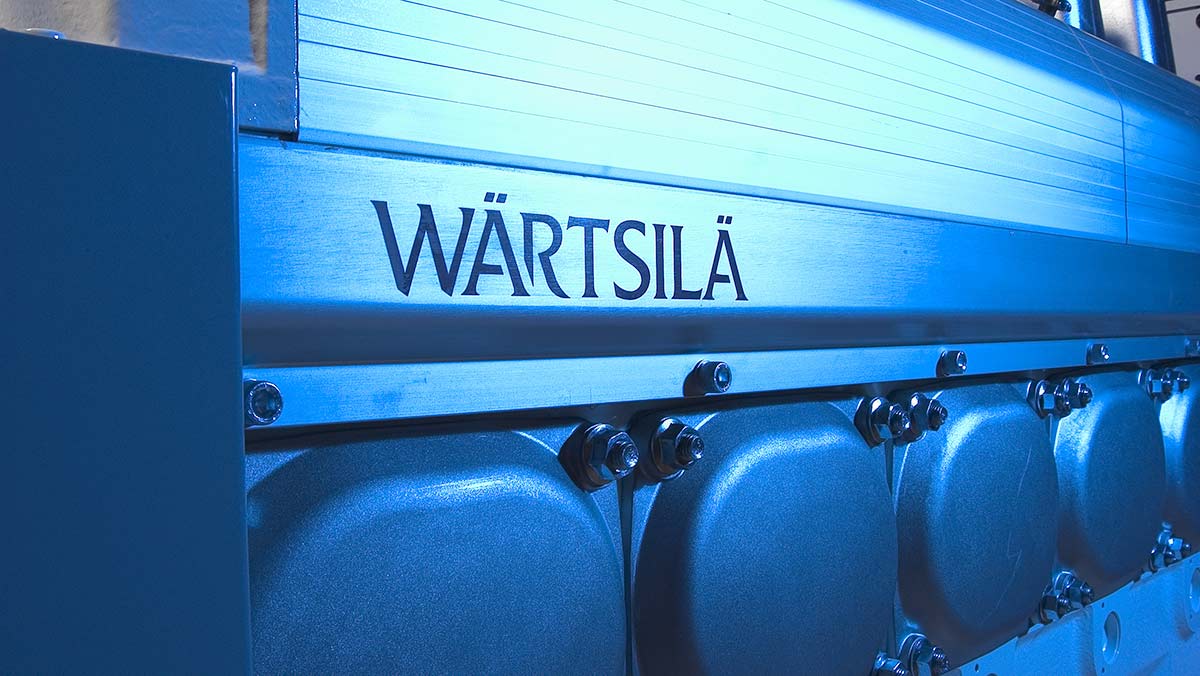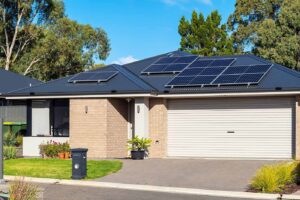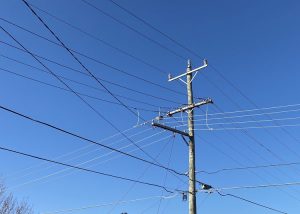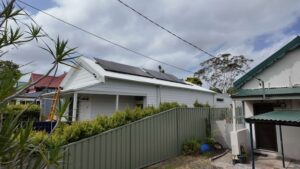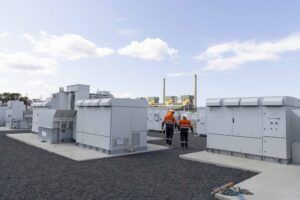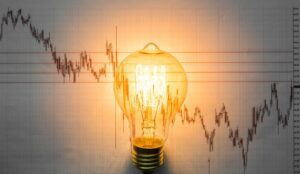Finnish engineering giant Wärtsilä says a global energy system powered entirely by renewables is a step closure, announcing it has commenced testing new engines and power plants capable of being fuelled entirely by renewable hydrogen.
The company announced on Wednesday that it had commenced testing responsive power generation equipment that can run on 100 per cent green hydrogen as its fuel and was aiming to produce a working concept hydrogen power plant by 2025.
The Finnish engineering giant said that it was testing its thermal balancing engines, which are used in Europe to provide flexible power generation to balance grids with high penetrations of wind and solar.
Wärtsilä said that it had undertaken modelling that determined that as much as 11,000GW of new wind and solar projects would need to be built within G20 countries to transition their grids to 100 per cent renewables, and an additional 933GW of thermal generation would be required to provide necessary supplies of balancing power.
The company pointed to International Energy Agency predictions that by 2070, green hydrogen would be used to meet around 13 per cent of global energy demand but noted that there were no commercially available thermal engines that can utilise hydrogen.
Wärtsilä produces engines used in various applications, including power generation and large-scale transport applications, including shipping and cruise liners. The ability to transition such industries to zero emissions fuels has the potential to address a significant proportion of global emissions.
Unlike fossil fuels like coal and gas, which produce greenhouse gas emissions when they are extracted and burnt, hydrogen can be extracted from water using zero emissions sources of electricity. Once consumed, they return to water as its only by-product.
The fossil fuel industry has argued that this ongoing need for thermal generation means that coal and gas generators will continue to play a role for the foreseeable future. Wärtsilä has suggested this need could instead be met with dispatchable thermal generators running on zero-emissions hydrogen, and that continuing to rely on fossil fuels could jeopardising “global net zero ambitions”.
The technology raises the prospect that existing thermal power infrastructure, such as gas fired power stations, may eventually be replaced by generators that run on zero emissions fuels. The company said the test would enable it to determine the optimum operating settings for a gas generator to run on hydrogen and ammonia fuels.
Several major European industrial corporations have made steps towards incorporating hydrogen into their operations and decarbonisation plans, including Nordic steel producer Svenskt Stål AB which is aiming to product fossil-free steel by 2026.
Wärtsilä said that new generation technologies would enable energy companies to continue investing in new thermal generators, with the knowledge that they would be compatible with zero emissions fuels once they become a commercially attractive alternative and able to operate alongside large-scale battery storage to provide grid support.
Wärtsilä CEO Håkan Agnevall said the progress being made by the company was a milestone in a broader global transition to away from fossil fuels.
“This is a milestone moment in the worldwide energy transition. Global societies will have to invest billions into the infrastructure needed to develop green hydrogen, but that investment is reliant upon having market-ready engines which can run on the fuel once it is readily available,” Agnevall said.
“Our modelling shows that a significant amount of thermal balancing is required by the middle of this century to achieve the transition to 100% renewable energy. By developing engines today which can run on hydrogen tomorrow, we are future-proofing energy systems to become 100% renewable by 2050.”
Wärtsilä said that it would also evaluate ammonia and methanol as alternate fuels for thermal engines, which can both be produced using renewable energy sources.

